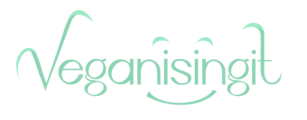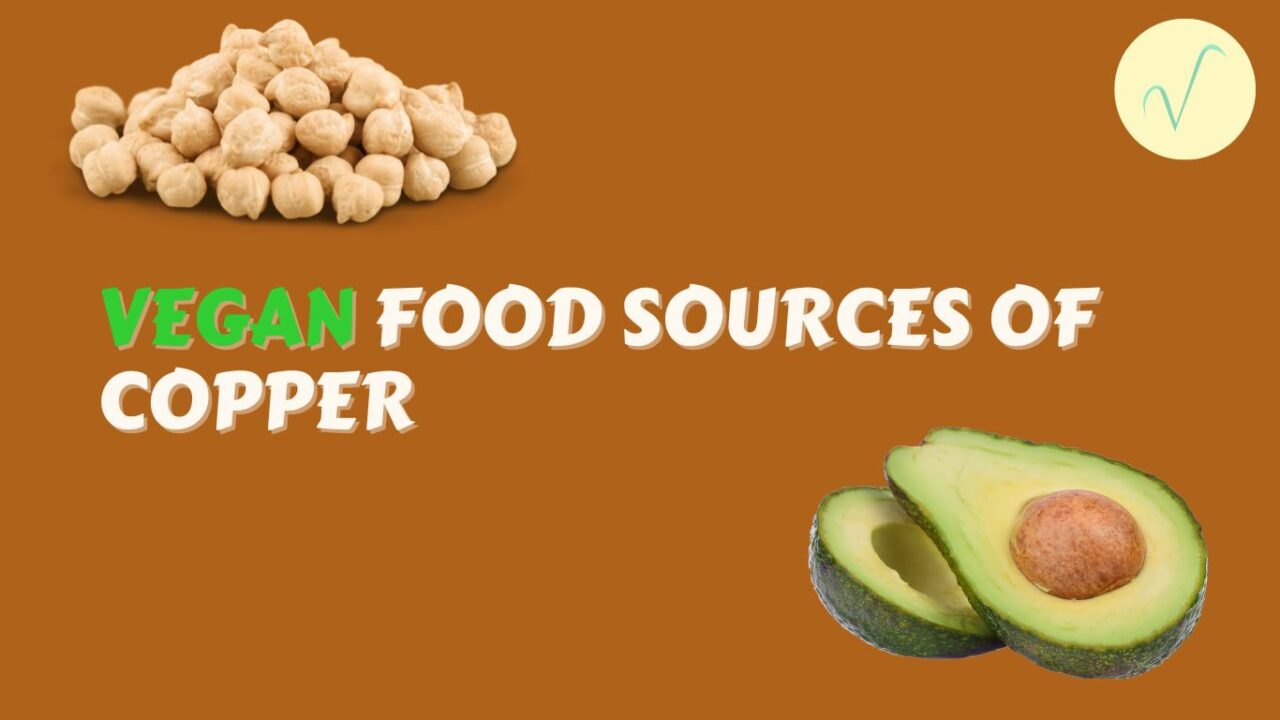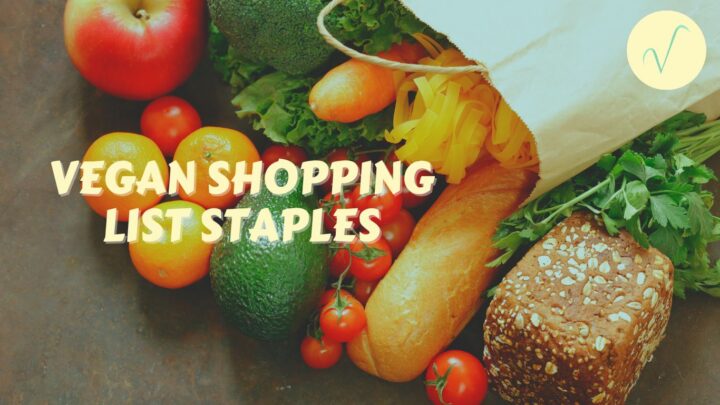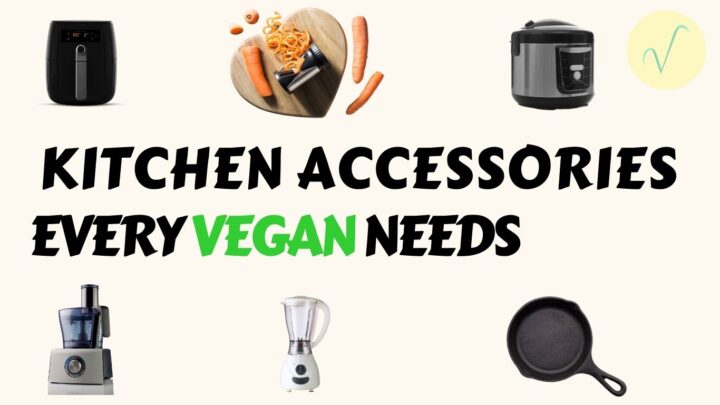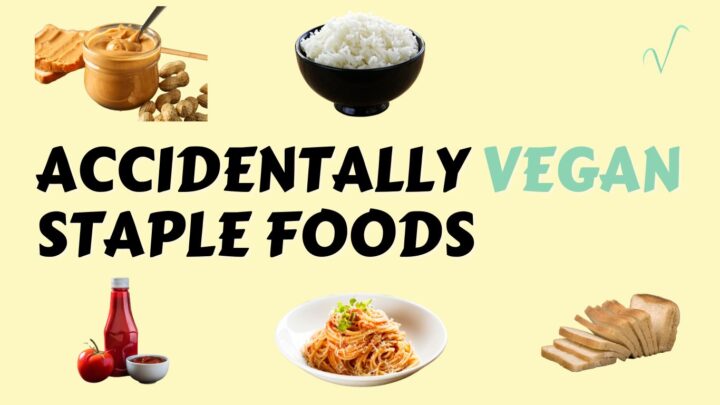When it comes to a vegan diet, getting your vital nutrients in is a must. Trace minerals are no exception, don’t be fooled by the word “trace”.
Trace minerals are just as, if not, more important nutrients for the body to perform adequately.
This post will cover a few vegan sources of copper for you to incorporate into your lifestyle today. You may be pleasantly surprised!
Almonds
A nut that’s rich in an array of nutrients, ranging from Vitamin E to iron and calcium, almonds are a nut very rich in copper.

1 ounce, or a mere 28g of almonds is enough to provide 14% of your daily recommended copper intake.
Cashews
Cashews are known for their creaminess, versatile for use in many plant-based dishes that involve a cheesy sauce, and provide a range of nutrients including zinc.

The same ounce portion of cashews can help you reach 11% of your recommended copper.
Sunflower seeds
An infamous folk remedy to stop smoking, a great snack to chew on throughout the day, and a great vegan fat source.

Sunflower seeds offer a significant amount of copper in an ounce serving. You can receive 25% of your recommended copper in a mere handful.
Good things really do come in small packages!
Avocado
You shouldn’t be surprised to see avocado make the list here.
The avocado has quickly built up a reputation of being a highly nutritious plant-based food; which can easily help vegan bolster up any missing nutrition.

One avocado is enough to provide 21% of your recommended daily copper, or 1/5 of your requirements.
Kale
Yet another vegan food being dubbed with the “superfood” status, kale is also a great source of copper for those looking to boost their levels naturally. One of the few copper rich vegetables that made it to the list.

1 up of raw kale (easily incorporated into a salad) provides 10% of your daily requirements.
Chickpeas
A nutrient dense, yet underrated legume in the “gram” scheme of things. See what I did there?

Garbanzo beans can be enjoyed in the form of hummus, a vegan omelette made from ground chickpeas (otherwise known as gram or besan flour) boiled whole or processed into falafels and burgers.
A source of a wide range of nutrients, you can receive a whopping 29% of copper from one cup of cooked chickpeas.
Mango
One of my favourite fruits and with good reason. Don’t settle for the cheap processed mango juices with added sugars, go for the real thing and get the real health benefits from a raw, whole mango.

As well as a range of other nutrients including vitamin C, mangoes provide you with 11% of your recommended copper.
Kiwis
Kiwis, or chinese gooseberries, are another fruit many people don’t quite think twice about.
I mean sure people do tend to enjoy them, and recognise them, but did you know the kiwi provides you with an array of nutrients, in such a small package?

Regarding copper, one medium kiwifruit can provide you with 5% of your recommended day’s copper.
Why is copper important?
Copper is an essential trace mineral good for a variety of bodily processes. Some of which include the synthesis of red blood cells, maintenance of nerve cells as well as for efficient immune function.
Copper also holds an important role, assisting in the formation of collagen and energy production.
What are the signs of copper deficiency?
There are quite a few symptoms of copper deficiency, ranging from minor to more major symptoms.
Some of which include:
- Increased susceptibility to illness
- Fatigue
- Pale skin
- Premature greying
- Memory issues
- Weak & brittle bones
What affects copper absorption?
There are things you can do to increase your absorption of copper, which depend on foods to take with copper-rich foods, as well as foods to not take with copper-containing foods.
How to increase copper absorption?
Consumption of adequate protein and carbs with a copper-rich meal should help in the uptake of the mineral.
As well as ensuring your meal is properly balanced, you can also boost your absorption by consuming vitamin C-rich foods before during or after your meal.
The ascorbic acid is responsible with the improved absorption of the trace mineral.
What negatively affects copper absorption in the body?
One of the main factors to consider when trying to up your copper intake is that zinc and copper both compete for absorption in the intestines.
And usually when zinc is overly prevalent, it tends to dominate and reduce the efficient uptake of copper.
We advise to plan your diet accordingly with this in mind and ideally, if possible, avoid taking zinc-rich foods with foods containing high amounts of copper.
Vegan copper rich foods
That was our list of copper rich foods to incorporate into your diets today. We hope this source has made you well-informed and you can go away having learned a thing or two.
Thanks for reading, till next time!
